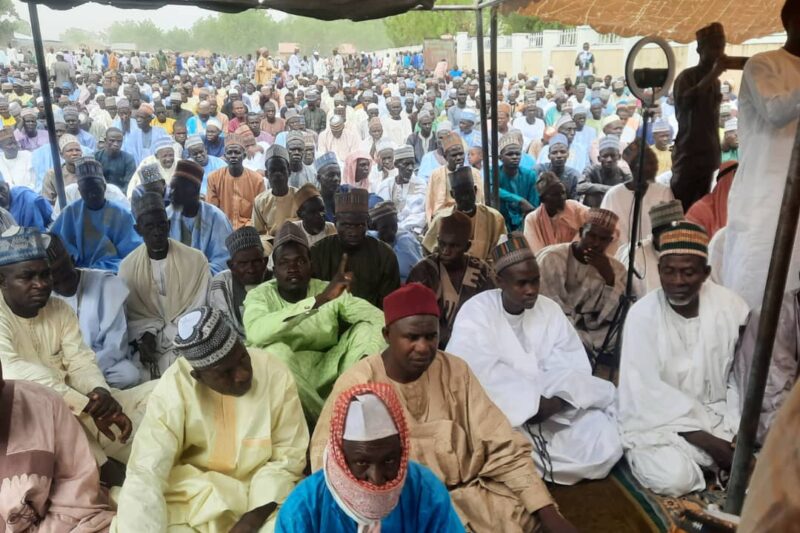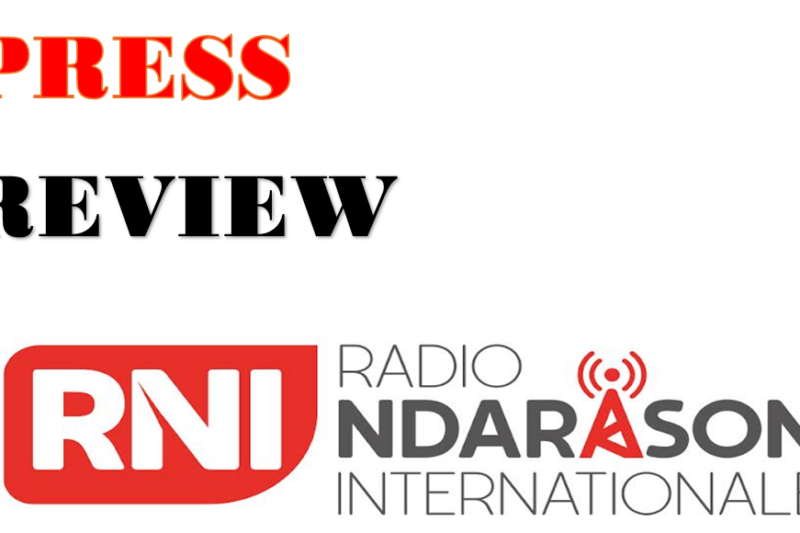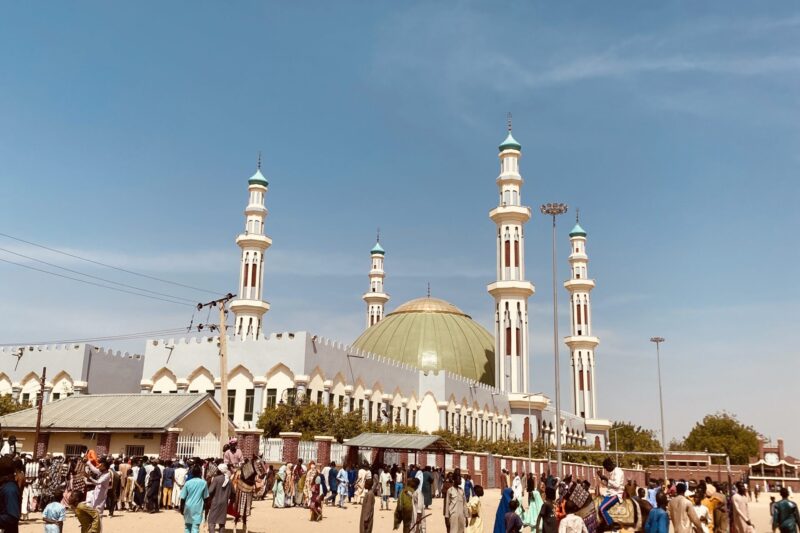Many displaced people in the far north of Cameroon still need assistance more than a month after a land dispute on August 10 in the Logone-Birni district resulted in violent and deadly clashes between the Mouzgoum fishermen and the Choa Arab herders.
Health workers in the region immediately responded. Twelve people were killed and about 100 were wounded and were rushed to hospitals in Kousséri, a Cameroon border town. Roughly 30,000 people fled from their homes.
Villages were left looted and burnt leading residents to seek refuge in the Cameroonian district of Kousséri and across the border in Chad.
ReliefWeb, the humanitarian information service provided by the United Nations Office for the Coordination of Humanitarian Affairs (OCHA), said in a report published on September 21 that more than a month after tensions had eased, humanitarian needs remained as the rainy season had brought a peak in the number of malaria cases as well as diarrhoea diseases, with a significant risk of cholera.
Given the recurrent flooding in the area, the displaced people were particularly vulnerable.
“In collaboration with the Kousséri Health District, Médecins Sans Frontières (MSF/ Doctors Without Borders) intervened in the first days of the clashes, enabling the hospital in Kousséri to provide better care for the injured,” said Ballé Diouf, head of MSF’s emergency project in Kousséri.
“The support MSF provided by referring injured patients with serious cases to [the Chadian capital of] N’Djamena has relieved the patients, families and staff at the hospital in Kousséri. This has made it possible to save the lives of patients who would otherwise [might not have received] appropriate care in Kousséri.
“When the fighting began, MSF sent two doctors, two nurses, and a clinical psychologist, with a coordinating team, to care for injured and displaced people in the villages of Missika, Madiako and the Logone-Birni district,” Diouf said.
“We also donated emergency medical kits to treat 55 wounded people and an ambulance to transfer the seriously injured from the regional hospital in Kousséri to N’Djamena.”
Diouf said that since the end of August, MSF’s presence had been reduced but that it was continuing to work with other aid agencies to assess the needs.
ReliefWeb said: “Most of the people displaced by the fighting were forced to leave their possessions behind when they fled their homes, walking several kilometres to reach safety.”
The main health problems identified by the MSF teams were malaria, diarrhoea and child malnutrition.
The MSF carried out a total of 1,972 medical consultations in Oundouma and Gamakotoko, and 33 patients, including wounded people, pregnant women and severely malnourished children, were referred to hospital facilities, such as the intensive therapeutic nutritional unit, supported by MSF across the border in N’Djamena.
“We have since passed the baton to other actors who are mobilising to continue to provide care to meet the medical needs of displaced people and host populations alike along the Chadian banks of the Logone River,” Diouf said.
The administrative and traditional authorities of Chad and Cameroon, accompanied by humanitarian workers, went on Thursday, September 16, to Oundouma, which hosts many of the refugees. Their aim was to talk to them about voluntary repatriation, which is now in the process of being initiated.
The Cameroonian delegation was represented by the prefect of Logone and Chari, Ndongo Ndongo Lazare, who wanted to reassure refugee residents that calm had returned.
“Cameroon has taken measures both in terms of health and food. Our compatriots can reach their localities with confidence,” he said, emphasising that repatriation should be voluntary and that each person would have agree to return home or not.
The governor of the province of Chari-Baguirmi, Gayang Souaré, was led the Chadian delegation. The complaints of the refugees, according to him, were legitimate.
“We must accompany you so that you get real information about what to expect on your return. I am in regular contact with the governor of the far north who has reassured me about the arrangements made to ensure the safety of returning citizens,” he said.
Discussions between the parties involved in the process will continue to consolidate the modalities for the return of the refugees.
- Information provided by ReliefWeb and MSF.
MSF has been present in Cameroon since 1984. Today, it runs medical humanitarian projects in the far north and southwest regions of the country.
In the far north, where MSF has been working since 2012, its teams support the Cameroonian health system to facilitate access and provide medical services, including surgical, psychological, obstetric and maternal health care; and raising awareness about the COVID-19 pandemic. All MSF services are provided free of charge and carried out in accordance with medical ethics.








